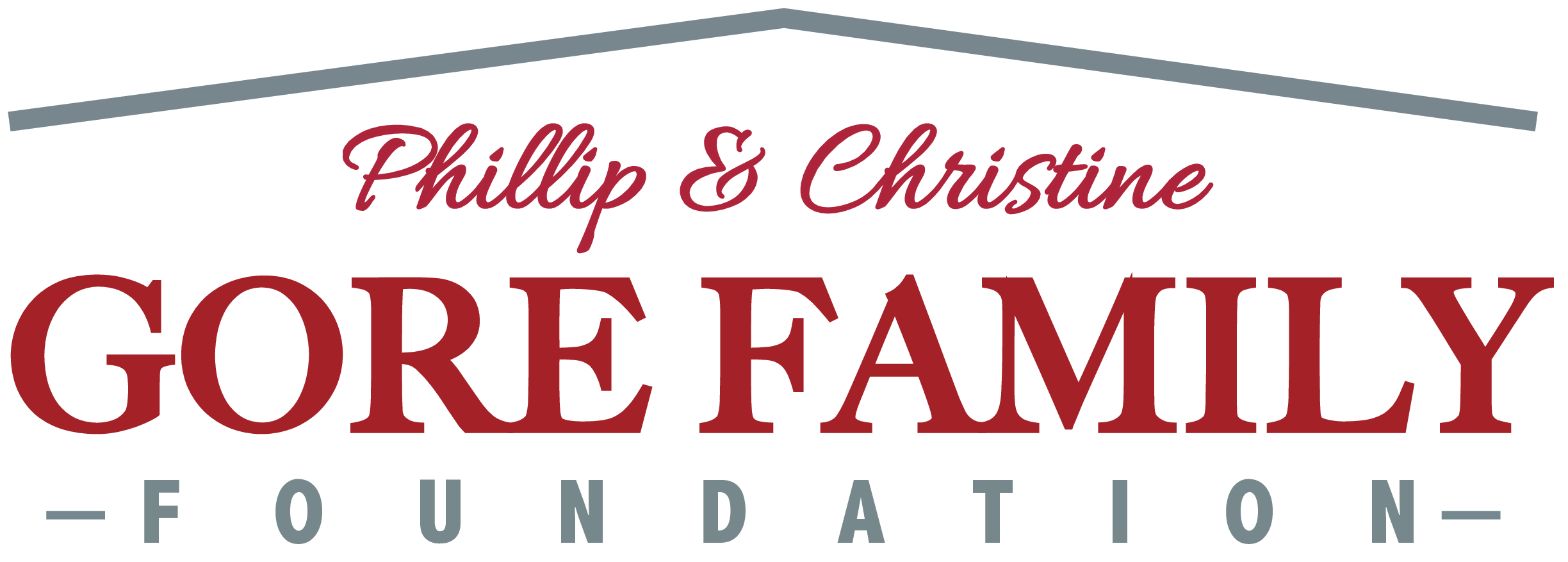About The Early Childhood Commission (ECC)
The Gore Family Foundation acts in partnership with the Early Childhood Commission in making every effort to assist in upgrading the educational and developmental opportunities for children entering Jamaica’s school system. Specifically, the Gore Family Foundation is taking a ‘hands-on’ approach by working directly with basic schools to help them manifest and comply with the 12 Standards stipulated by the ECC (listed below).
The first 4 to 5 years of a child’s life lay the foundation for the person that he or she will become. Access to proper academic training, physical development (through maintaining good health and nutrition), together with positive social interactions, can ensure a young child grows into a well-rounded, happy, healthy and productive adult.
If a child misses out on the proper foundation, research has proven that the child never fully recovers. There is no remedial programme in our educational system and it is never addressed. The Jamaican Government created the Early Childhood Commission (ECC). The ECC’s mandate is to “supervise and regulate early childhood institutions to make sure that they are efficiently run and meet the health and developmental needs of children.”
The ECC’s mission is clear: to ensure that the currently untapped potential of students in Jamaica – the natural intelligence, ingenuity, physical and social prowess of entire generations of Jamaicans – is developed and maximised.
The ECC has created 12 ‘Standards’ to which all early educational institutions (including preschools, day-care establishments, infant and basic schools), are required to adhere. The purpose of the 12 Standards is to help ensure that children have access to the learning and developmental training and tools they need to be able to enter the school system well prepared. If the Standards are met by Jamaica’s early childhood institutions, then children will have the chance to receive an education which allows them to make the very best of their talents and skills. The ultimate aim of such a programme is to raise the overall level of early childhood education thereby progressing to the establishment of a nation of educated, professional citizens, dedicated to the evolution and success of their own lives and that of their country.
ECC Standards
- STAFF: The staff at early childhood institutions has the training, knowledge, skills, and attitude to help children achieve their full potential.
- PROGRAMMES: Early childhood institutions have comprehensive programmes designed to meet the language, physical, cognitive, creative, socio-emotional and school readiness needs of children.
- BEHAVIOUR MANAGEMENT: Early childhood staff has the training, knowledge, skills and attitude to promote positive behaviours in children.
- PHYSICAL ENVIRONMENT: Early childhood institutions have physical environments that meet building, health and safety requirements and allow adequate space for children.
- EQUIPMENT & FURNINSHING: Early childhood institutions have indoor and outdoor equipment and furnishings that are safe, child-friendly and promote optimal development of children.
- HEALTH: Early childhood institutions have physical facilities, policies, programmes and procedures that promote healthy lifestyles and protect children and staff from illness.
- NUTRITION: Early childhood institutions provide children in their care with nutritious meals and model good nutritional practices for children and families.
- SAFETY: Early childhood institutions provide safe indoor and outdoor environments for children, staff, stakeholders and visitors to the institution.
- CHILD RIGHTS, CHILD PROTECTION AND EQUALITY: Early childhood institutions uphold the rights of children, protect them from harm and ensure that all children have equal access to services.
- PARENT AND STAKEHOLDER PARTICIPATION: The Management and staff ofearly childhood institutions have good relationships with parents, caregivers, family members and the community.
- ADMINISTRATION: Early childhood institutions have a management structure that ensures good administration. There are policies, procedures and programmes that ensure child, family and staff well-being.
- FINANCE: Early childhood institutions have sound financial practices and adhere to standard accounting principles.
